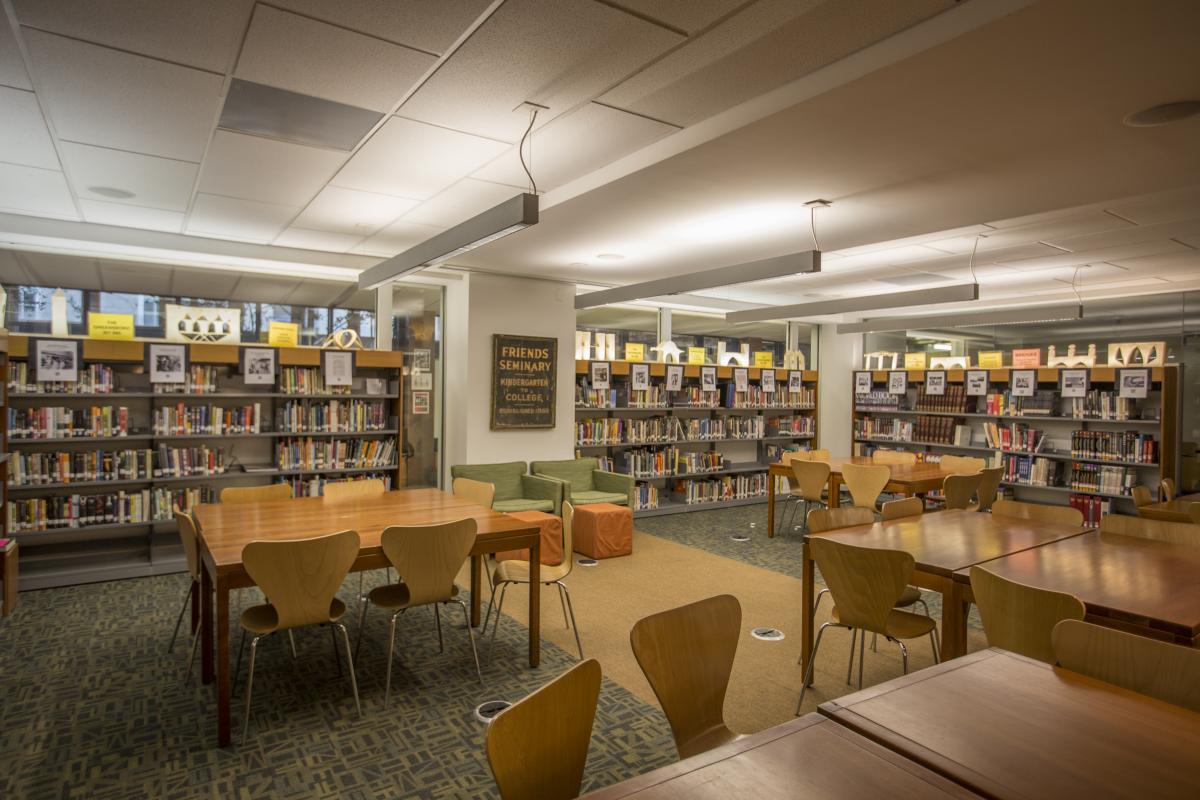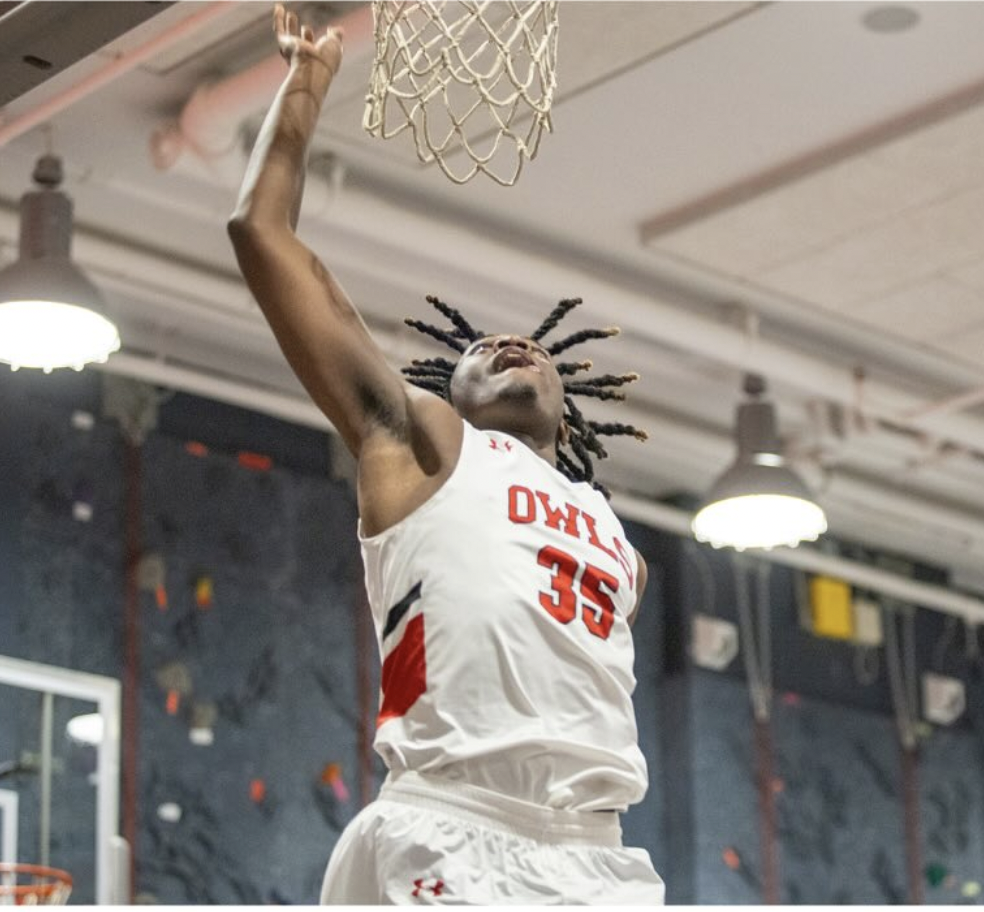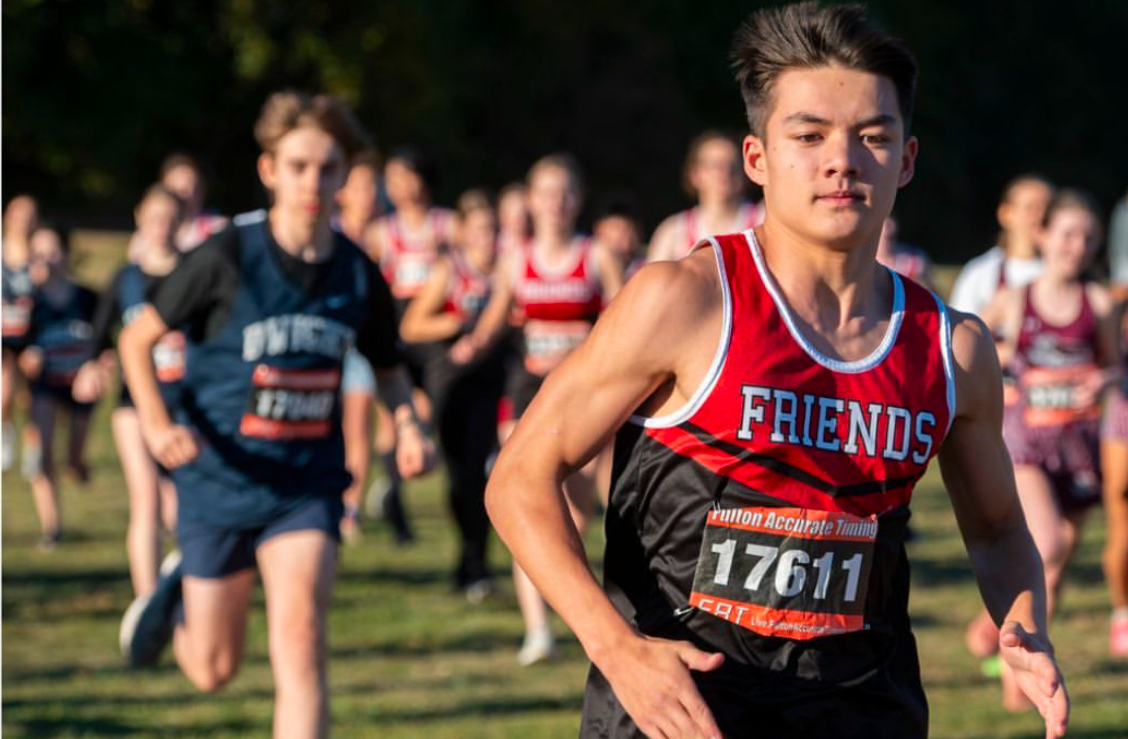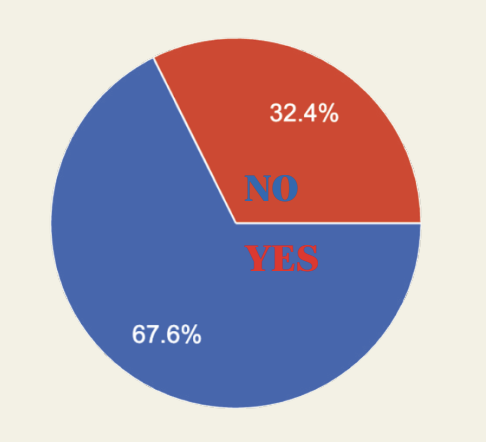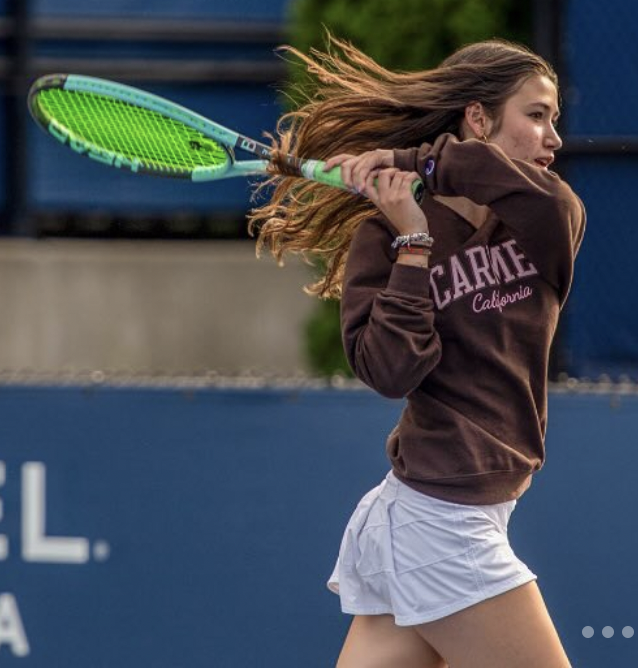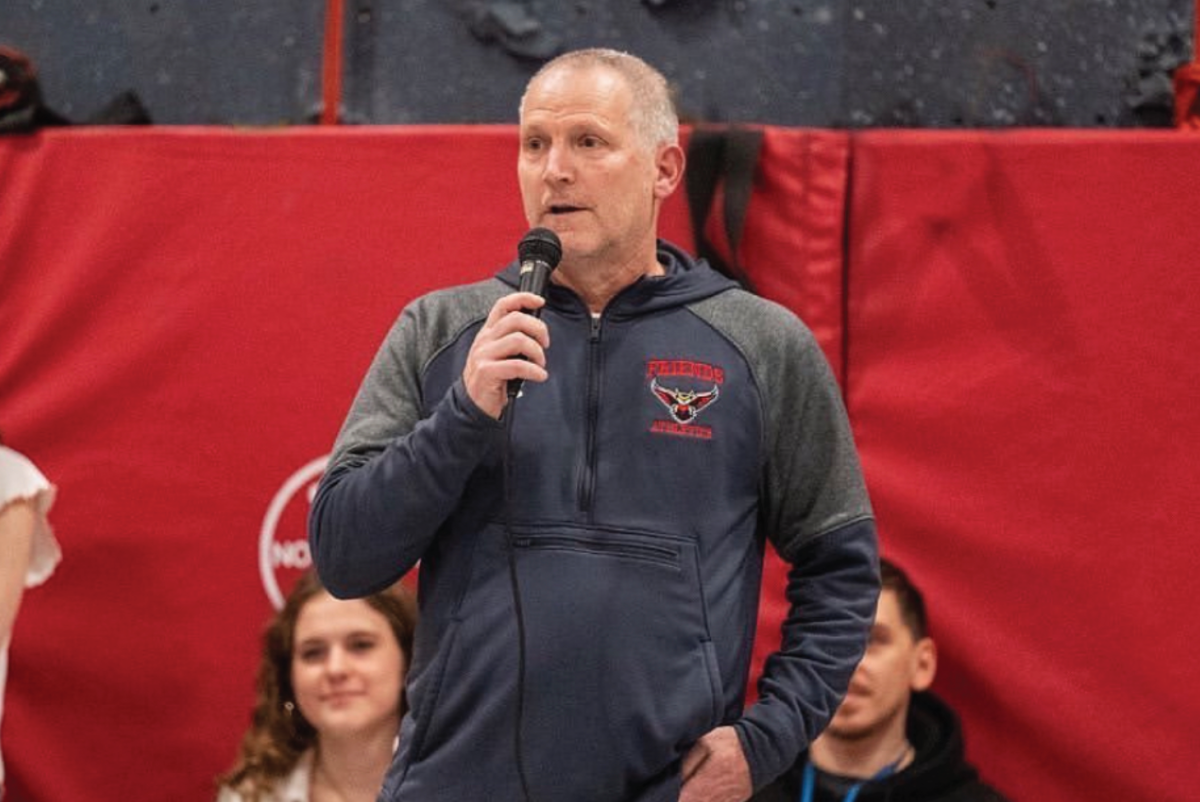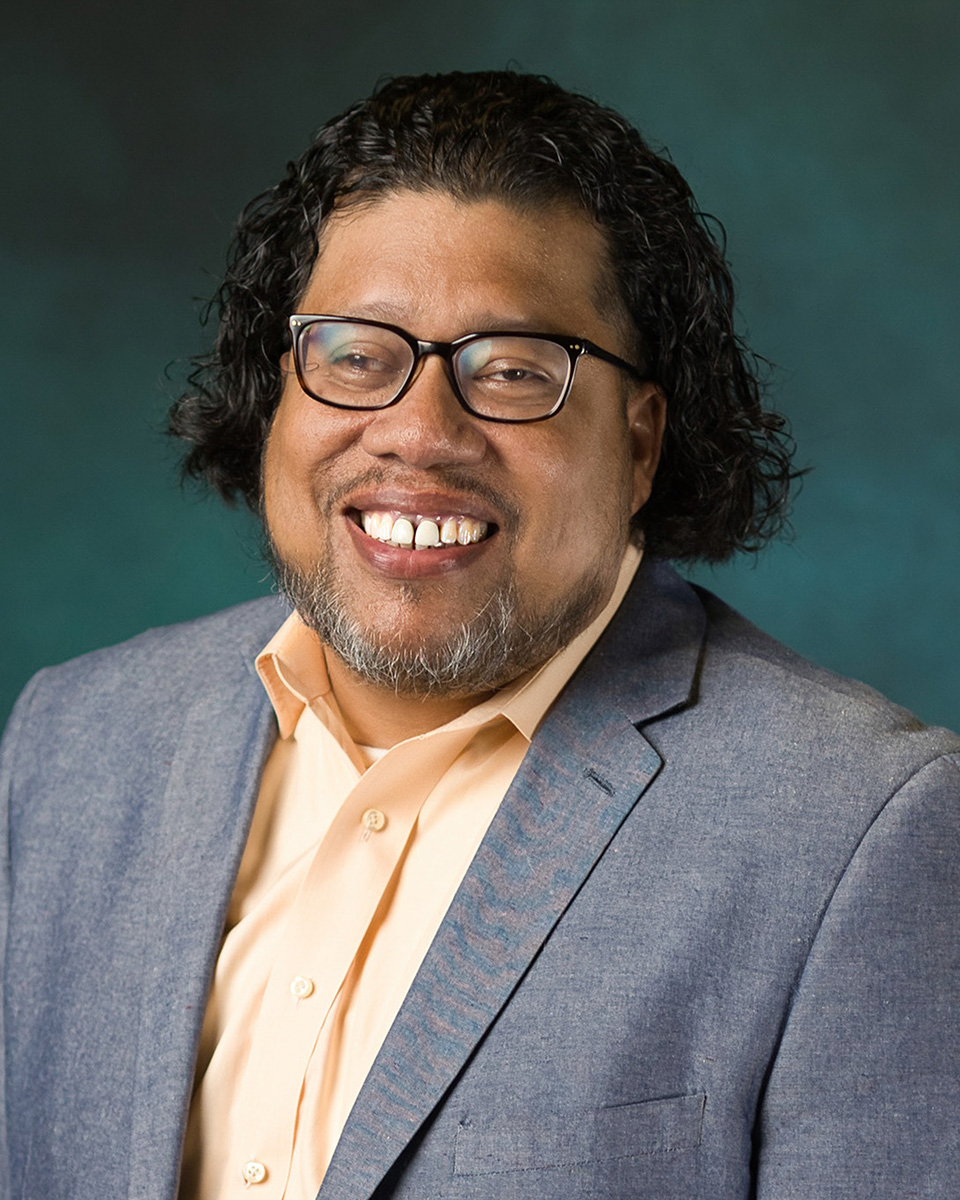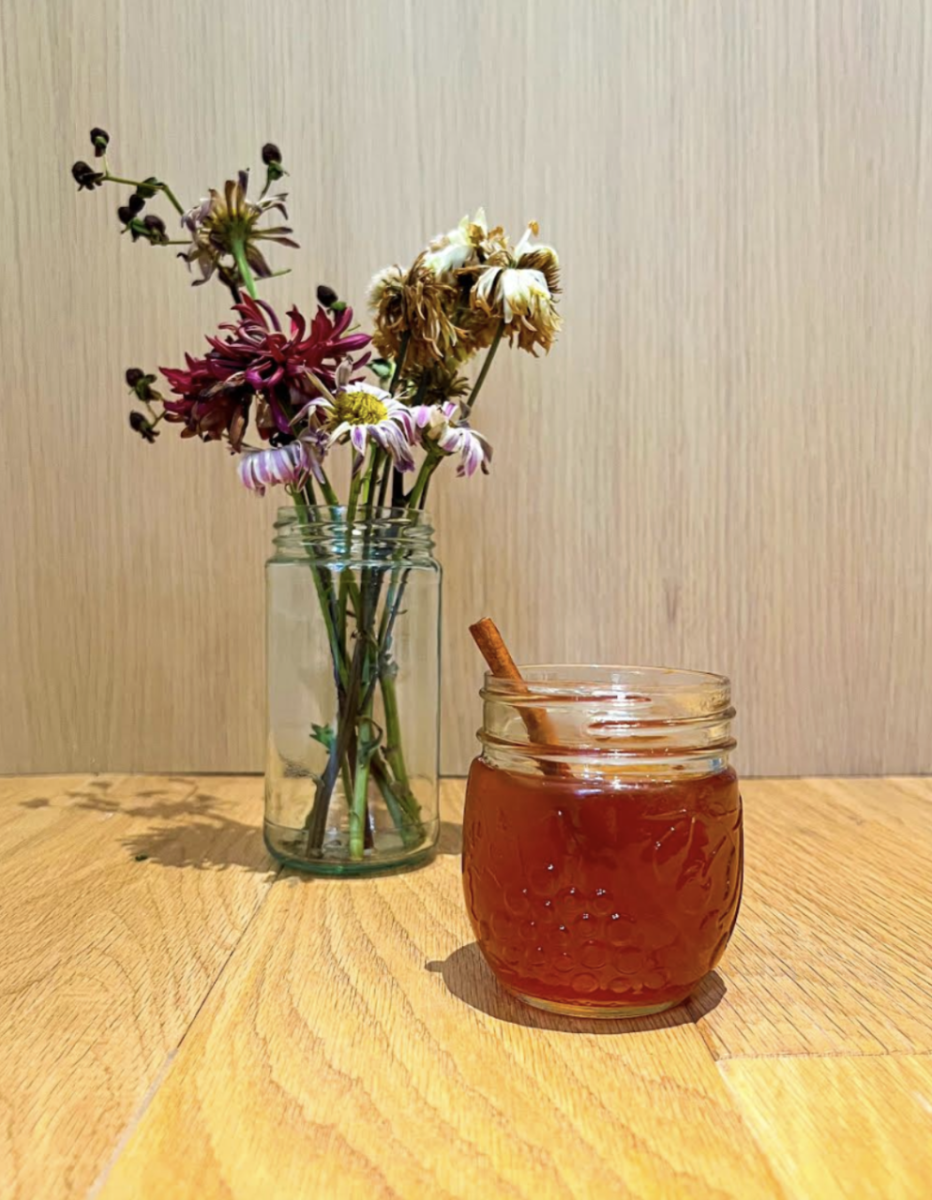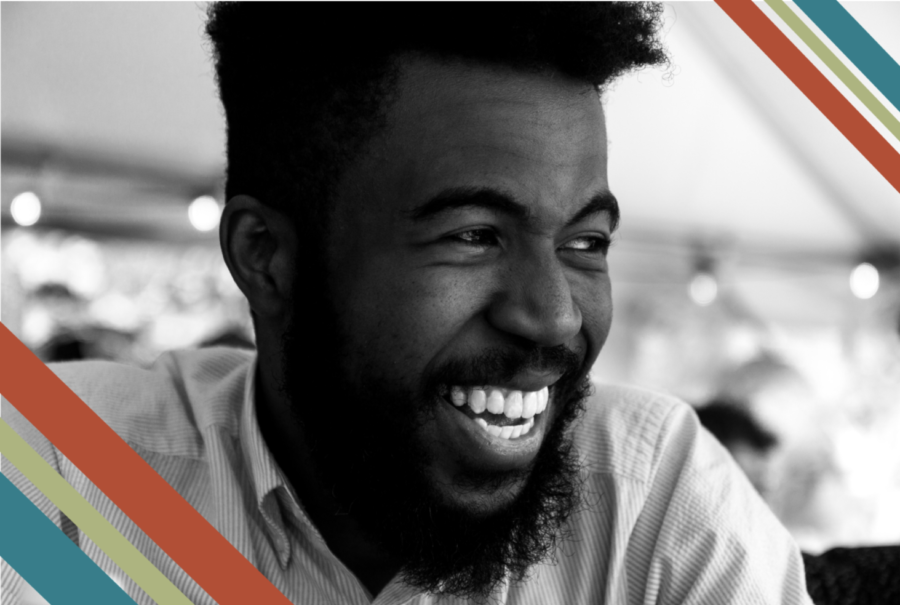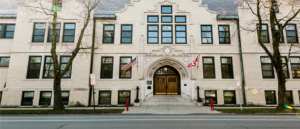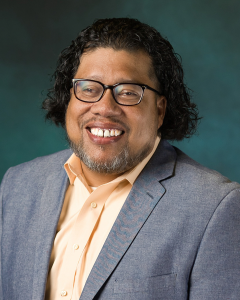School Welcomes Visiting Scholar
September 12, 2021
Poet, academic, and activist Joshua Bennett spent last Spring at Friends Seminary as a Visiting Scholar. Bennett focuses on the intersection between art and academics in his teachings on Black history and anti-racism as a professor at Dartmouth College. He uses creativity and historical messages as forces for social change.
Dr. Bennett attended a predominantly white school but grew up in South Yonkers, a far more diverse community, which led him to question the contrast between his two different realities at a very young age. He remembers receiving harmful, racist messages from teachers and classmates, such as “Black people were hoodlums,” or that they were meant to “wear hoodies and chains in the ghetto.”
The racism that Dr. Bennett experienced within a biased education strongly informed his future work. He recalls becoming aware of it by noticing that even within his history teacher’s “intellectual formation, [were] these terrible, weird ideas about black people.” This along with various inequalities motivated him to combat those experiences. He began reciting slam poetry at the age of seventeen because it enabled him to interact with people outside of his usual educational environment, in what Dr. Bennett called “the real world.”
Dr. Bennett explained that stories and literature functioned as creative forces that “create[d] new worlds with words that I would write, but sometimes also perform.” In doing so, Bennett developed a passion for performance, music and film.
His love of lyricism and music led to a fascination with hip hop at a young age because, as Dr. Bennett explains, “Rhyme binds us together.” He burned mixtapes of artists like Tupac, The Roots, Notorious B.I.G, and A Tribe Called Quest. Dr. Bennett viewed these artists’ work as alternative expressions of history and reality compared to a one-dimensional, white-washed literary landscape.
As an educator, Dr. Bennett strives to achieve a balance between creativity and academia, which he considers to be two intertwined paths of study and change. In his classroom, Bennett teaches about history while also using his poetry to create a crucial balance between “the beauty and the power of art with the truth and the knowledge seeking of the humanities and the social sciences,” in order for people to examine the world on a deeper level.
Part of Dr. Bennett’s study engages with modern-day racism. He maintains that racial inequality still pervades society at large and requires deeper change. He argues that recent anti-racist movements have been “a contemporary instance of a Black freedom struggle that’s centuries long.” However, Dr. Bennett holds that protest alone is not enough to fix the “anti-Black air” in America. He believes, contrary to misinformed books and social media, that people are often not simply “heroic anti-racists or monstrous racists that hate everyone,” but instead believes that anti-Black bias is ultimately environmental.
Dr. Bennett argues that the most beneficial way to make change is by taking deeper, individual action. He believes that Americans should “look ourselves in the mirror, and understand what kind of country we live in, what kind of world we live in and what needs to be done in order to change.”
In a message to Friends students, Dr. Bennett said, “There are all sorts of social and historical forces that want to limit your ability to believe that you can imagine another world and actually create it.” He hopes Friends students can eliminate those barriers and “grow together intellectually.”
Dr. Bennett also cited specific goals for his work as Visiting Scholar. “I’m really excited to bring a community of other musicians and artists to spend time with you all.” Dr. Bennett introduced multiple talented Black artists and educators to the Friends community last Spring, such as Professor Jarvis Givens and writer and filmmaker Lauren Whitehead. These guests offered Friends students unique insights into Black literature, history, and experience in a series of lunch and after-school discussions throughout the month of April.
Dr. Bennett is determined to use education to bring understanding and unity to many diverse groups of people. He said, “It’s important for young people to remember that we are, in the truest possible sense, in this together.” His unique and versatile teaching style in workshops and university classes seeks to open up people’s minds and expand not only their knowledge, but their imagination. Dr. Bennett’s interdisciplinary approach to education is just one of many reasons why his presence has been so valuable to the Friends community.

